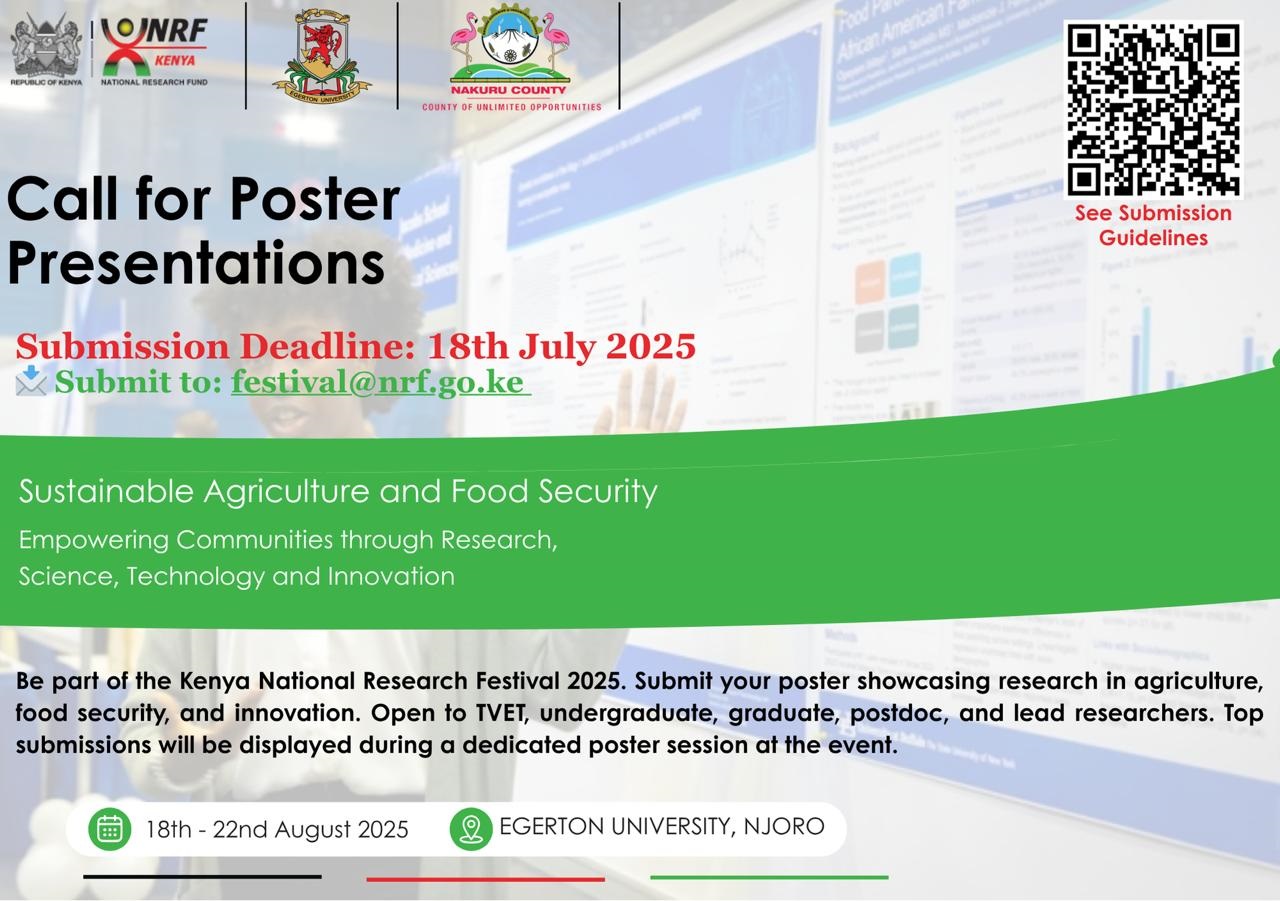My research interest lies at the intersection of One Health, food safety, antimicrobial resistance (AMR), and zoonotic diseases. I am particularly focused on understanding and mitigating the risks posed by foodborne pathogens such as Salmonella and Campylobacter, which contribute significantly to public health challenges in low- and middle-income countries like Kenya.
I am passionate about studying the prevalence, phenotypic, and genotypic characteristics of zoonotic pathogens along food production chains, especially in poultry and livestock systems. My goal is to identify critical control points where interventions can reduce contamination and improve food safety. Additionally, I am interested in exploring innovative methods, such as metagenome sequencing, to enhance surveillance systems for detecting pathogens in environmental reservoirs like wastewater.
My broader interests include:
Investigating drivers of antimicrobial resistance in food systems and developing stewardship programs to promote the responsible use of antimicrobials in agriculture.
Assessing knowledge, attitudes, and practices (KAPs) of food production actors to design tailored educational and capacity-building programs.
Bridging research and policy by translating scientific findings into actionable strategies that improve public health outcomes, strengthen food safety regulations, and foster sustainable agricultural practices.
Ultimately, my research seeks to integrate human, animal, and environmental health perspectives to develop holistic, evidence-based solutions that address pressing global health challenges.
